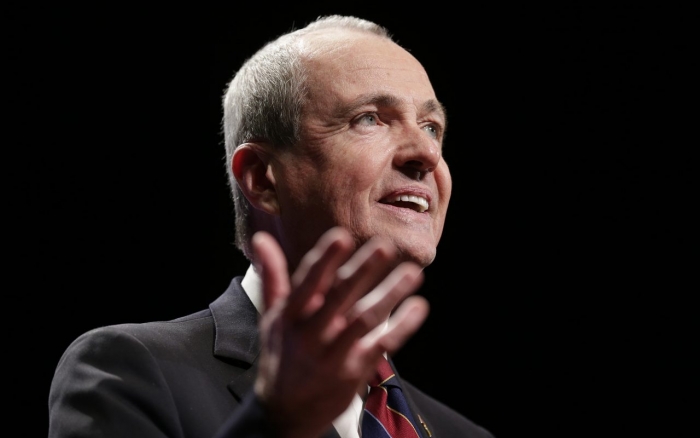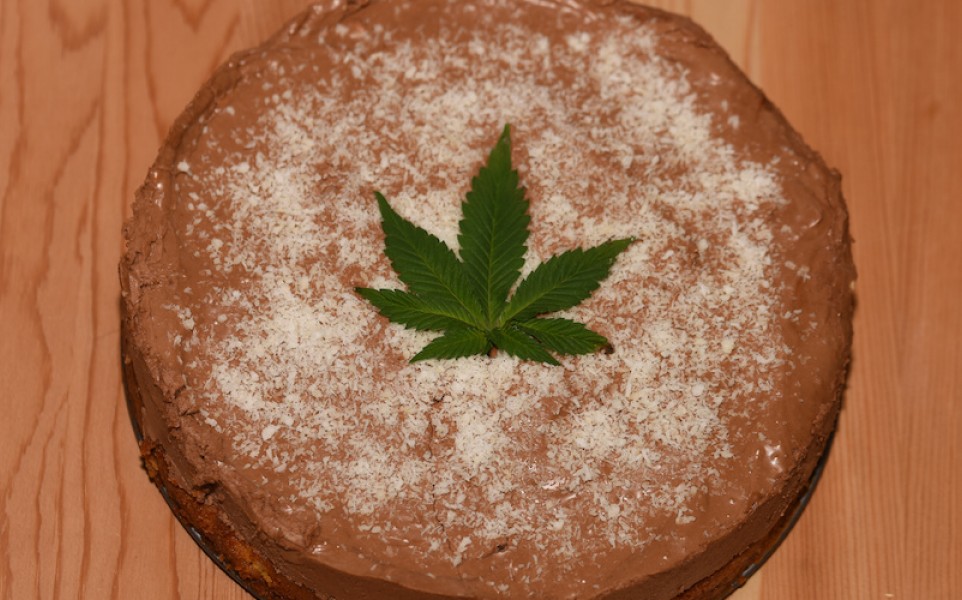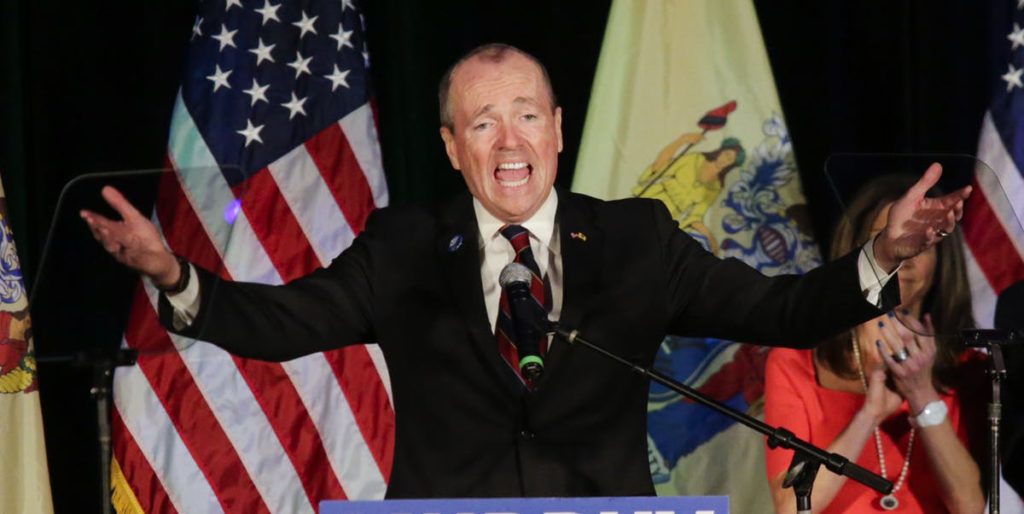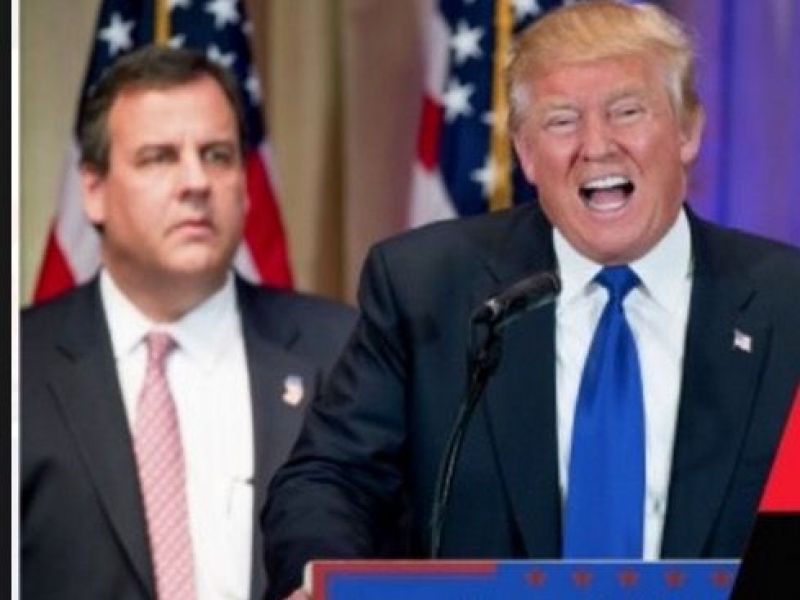Policymakers seem to be conflicted about marijuana, and as a result, they’re sending the public mixed messages. Laws regarding cannabis vary from state to state, and state laws may even conflict with federal law.
“Twenty-six states and the District of Columbia currently have laws broadly legalizing marijuana in some form. Three other states will soon join them after recently passing measures permitting use of medical marijuana,” according to Governing.
This information was up to date as of March 23, 2017. That said, “Marijuana possession remains a federal offense,” as Norlm points out.
There’s been some evidence that prescriptions for painkillers and other medications have “dropped sharply in states that introduced a medical marijuana program.” Also, states that have legalized marijuana have experienced 16 to 31 percent fewer fatal opioid overdoses compared to those that have not, and opioid-related hospital admissions have decreased 28 to 35 percent.
University of Georgia’s researchers Ashley Bradford and W. David Bradford found that “because of the drops in prescribing rates, a nationwide medical marijuana program would save taxpayers about $1.1 billion on Medicaid prescriptions annually.”
Yet, in August 2016, the Drug Enforcement Administration (DEA) “denied a petition to lessen federal restrictions on the use of marijuana” for the fourth consecutive time.
The government can’t seem to make up its mind whether or not marijuana should be legal. On the one hand, “After years of skepticism and outright denials, one of the federal government’s lead drug researchers may be coming around on the rehabilitative power of marijuana,” according to attn. “National Institute of Drug Abuse (NIDA) now states on its websitethat three recent studies, two of which it funded, suggest ‘medical marijuana products may have a role in reducing the use of opioids needed to control pain.'”
Yet, on the other hand, New Jersey’s governor, Chris Christie — who was recently appointed to lead the White House Opiate Task Force — spoke about a proposal to legalize recreational marijuana at a substance abuse and mental health conference. He called it “beyond stupidity,” and continued, “We are in the midst of a public health crisis on opiates and we have people saying yeah, but the pot’s OK.”
Attorney General Jeff Sessions shares Gov. Christie’s concerns about marijuana. The Washington Post reports that Sessions expressed astonishment “to hear people suggest that we can solve our heroin crisis by legalizing marijuana — so people can trade one life-wrecking dependency for another that’s only slightly less awful. Our nation needs to say clearly once again that using drugs will destroy your life.”
Clearly, Sessions was influenced by the old, and largely debunked, gateway theory that held that using marijuana was a stepping stone to using other illicit drugs. Sessions isn’t alone. Not everyone has put aside the theory.
For example, Healthier You published an article aimed at parents that reports, “Long-term studies of high school students and their patterns of drug use show that very few young people use other drugs without first trying marijuana. The risk of using cocaine has been estimated to be more than 104 times greater for those who have tried marijuana than for those who have never tried it.”
However, many adolescents use marijuana for the same reason that some people use cocaine or opioids. They are medicating a void or a trauma in their lives. According to the National Child Traumatic Stress Network, “In the National Survey of Adolescents, teens who had experienced physical or sexual abuse/assault were three times more likely to report past or current substance abuse than those without a history of trauma.”
It is the biology of the person and their environment, not exposure to marijuana or any other drug, that is responsible for the substance use disorder.
State marijuana ballot initiatives are throwing the discussion of gateway theory back into public consciousness as policymakers ponder whether marijuana would help ameliorate or worsen the opioid abuse crisis. Sessions, Christie, and others would like to turn back the clocks and revisit a time when “reefer madness” ruled our beliefs that marijuana would lead to addiction, corruption, and violence.
Congress, apparently, opposes re-launching the war against marijuana for the time being. Newsweek reports, “Congress won’t give Attorney General Jeff Sessions any money to fight a war on state laws to legalize marijuana — at least not in the new budget bill.”
That was probably a wise choice. With inconsistent laws across the country, and with the media and our leaders disseminating conflicting information — and even misinformation — it’s time to hit the pause button, take a deep breath, and reschedule marijuana from Schedule I to Schedule III of the Controlled Substances Act so that we can “create a clearer path for research.”
Lynn R. Webster is Vice President of Scientific Affairs at PRA Health Science; author of the award winning book, The Painful Truth; and co-producer of a public television documentary by the same name. Visit him online at www.thepainfultruthbook.com.
credit:origin-nyi.thehill.com












